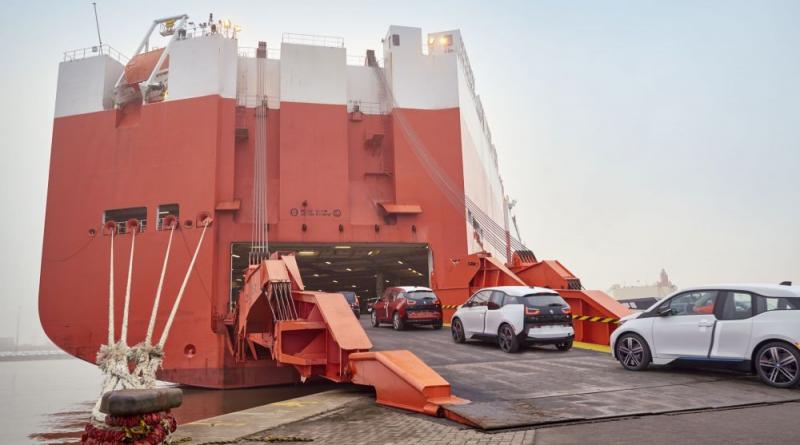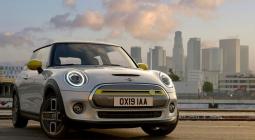BMW Group pushes low-emission transport logistics.

BMW Group joins “Getting to Zero Coalition”. The objective: decarbonisation of international maritime shipping.
The BMW Group has expanded its commitment towards making transport logistics more sustainable. As part of the Group's commitment to further reduce carbon emissions along the entire value chain, the company has joined the “Getting to Zero Coalition”. The objective of this initiative is to use zero-emission cargo vessels from 2030. The Getting to Zero Coalition is a partnership between the Global Maritime Forum, the Friends of Ocean Action and the World Economic Form.
“Maritime transport is crucial for supplying the BMW Group’s international manufacturing network and for the global distribution of vehicles. We see the Getting to Zero Coalition of various governments, companies and other cross-sector stakeholders as a unique opportunity to continuously minimise carbon emissions in the maritime sector as well”, emphasises Jürgen Maidl, Senior Vice President Production Network and Supply Chain Management at the BMW Group. “We are delighted to be the first carmaker to join this coalition and thus lead the way towards more sustainability.”
Maritime transport currently accounts for 50 per cent of the BMW Group's transport chain CO2 emissions. Globally, around three per cent of the overall greenhouse gas emissions come from maritime transport – and the trend is strongly upwards. As part of the Getting to Zero Coalition, the BMW Group now wants to achieve a total elimination of carbon emissions by using carbon-free fuels and new propulsion systems as well as optimising energy efficiency.
With its activities as part of the Getting to Zero Coalition, the BMW Group is continuing to push decarbonisation within the company in the area of logistics: in addition to the sustainability strategy along the entire value chain, the Group's holistic approach also includes resource-friendly production methods in BMW plants worldwide and further development of electric mobility.
The BMW Group has succeeded, for example, in reducing the consumption of resources and emissions per vehicle produced by more than 50 per cent since 2006. In addition, all plants operated by the BMW Group and the three BBA joint venture plants in China will be supplied exclusively with energy from renewable sources from next year. The BMW Group plants in Europe are already being supplied with 100 per cent green electricity since 2017. By focusing on electric mobility from a very early stage, BMW has also become one of the global pioneers of this technology. The BMW i3 has been the global leader in its segment since 2013. With a portfolio currently including 12 models, BMW offers the widest range of electric vehicles in the market. By 2021, one million electrified vehicles of the BMW Group will be on the roads. Moreover, by 2023, the company will be offering 25 electrified models.
Find out more about the BMW Group's sustainability committments here.
18 December 2019
Climate Action




